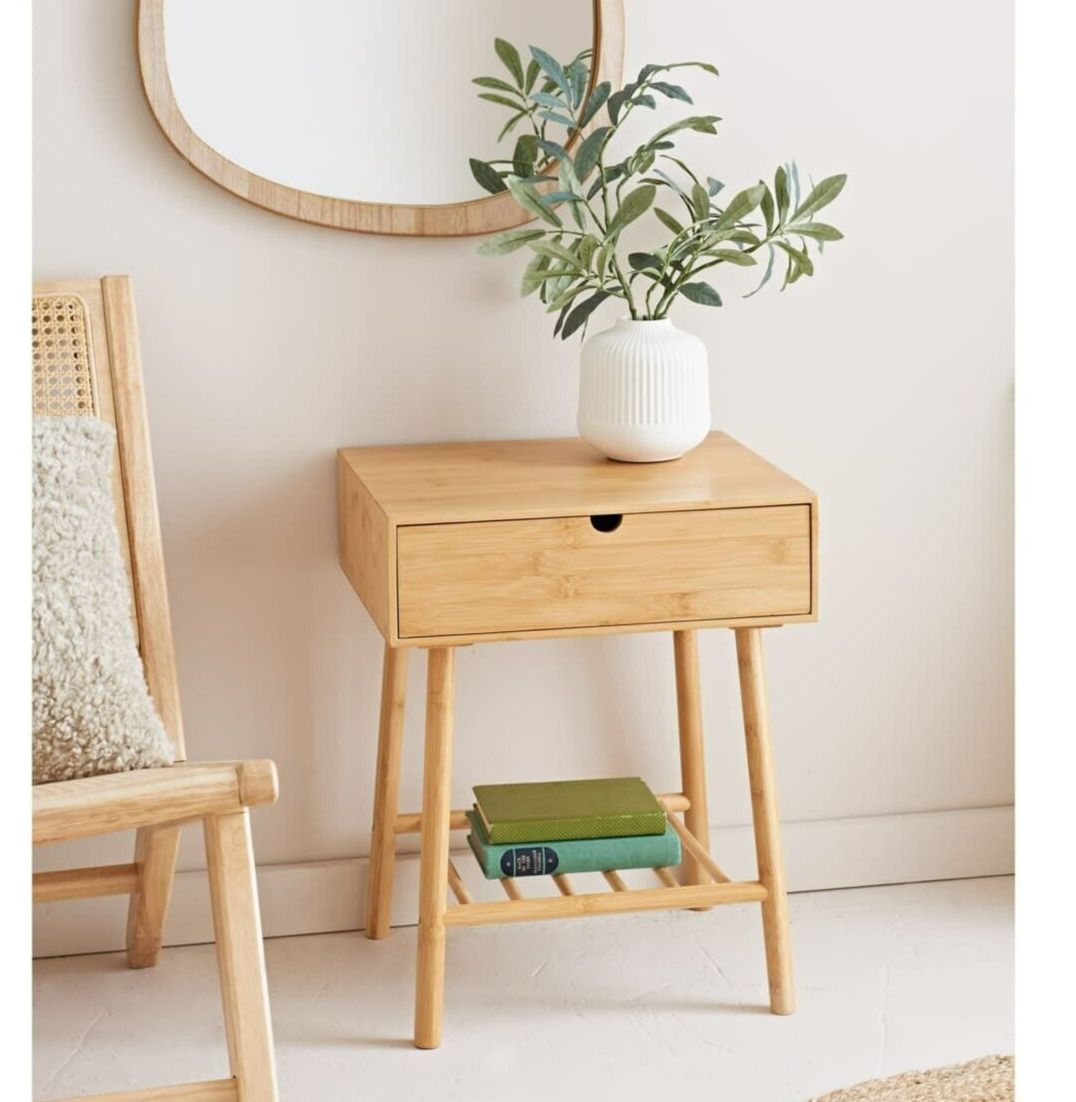Plastic pollution has become one of the most pressing environmental issues of our time. Single-use plastics, which often take hundreds of years to degrade, have infiltrated ecosystems worldwide, harming wildlife and polluting waterways. As the world searches for sustainable alternatives, bamboo products are emerging as a viable solution to reduce plastic use and its detrimental impact on the environment.
Why Bamboo?
Bamboo is a fast-growing, renewable resource that has been used for centuries in various cultures. Unlike traditional trees, bamboo can grow up to 91 centimeters (about 3 feet) per day, making it one of the fastest-growing plants on Earth. It reaches maturity in just three to five years, compared to the decades it takes for hardwood trees to mature. This rapid growth, coupled with bamboo’s natural ability to regenerate without the need for replanting, makes it a highly sustainable material.
Moreover, bamboo is biodegradable and compostable. When bamboo products reach the end of their life cycle, they can decompose naturally without releasing harmful toxins into the environment, unlike plastic. This makes bamboo an excellent alternative to plastic, especially for single-use items.
Bamboo Products: A Range of Alternatives
The versatility of bamboo has led to its use in a wide variety of products, many of which can replace plastic. Here are some popular bamboo-based alternatives:
- Bamboo Toothbrushes: One of the most common swaps is replacing plastic toothbrushes with bamboo ones. These toothbrushes are just as effective and durable as their plastic counterparts but are biodegradable.
- Bamboo Straws: Single-use plastic straws are a significant contributor to ocean pollution. Bamboo straws are reusable, durable, and can be composted at the end of their life, making them an eco-friendly alternative.
- Bamboo Cutlery: Disposable plastic cutlery is often used once and discarded. Bamboo cutlery sets are reusable, lightweight, and a great alternative for picnics, travel, and everyday use.
- Bamboo Packaging: Some companies are now using bamboo-based packaging materials, which are biodegradable and offer a sustainable solution to plastic packaging waste.
- Bamboo Fabric: Bamboo can also be processed into fabric, which is soft, durable, and moisture-wicking. Bamboo clothing, towels, and bedding are becoming popular choices for those seeking sustainable textiles.
Environmental Impact
By opting for bamboo products, consumers can significantly reduce their reliance on plastic. For instance, switching to bamboo toothbrushes can prevent billions of plastic toothbrushes from ending up in landfills and oceans annually. Similarly, bamboo straws and cutlery can reduce the staggering number of plastic items used once and discarded.
Beyond individual consumer choices, the growing demand for bamboo products encourages companies to invest in sustainable materials and practices, contributing to broader environmental change.
The transition from plastic to bamboo products is a practical and impactful step towards reducing plastic pollution. Bamboo’s fast growth, renewability, and biodegradability make it an ideal alternative to plastic. By incorporating bamboo products into daily life, individuals can play a part in protecting the environment and promoting a more sustainable future.
Post time: Aug-27-2024








